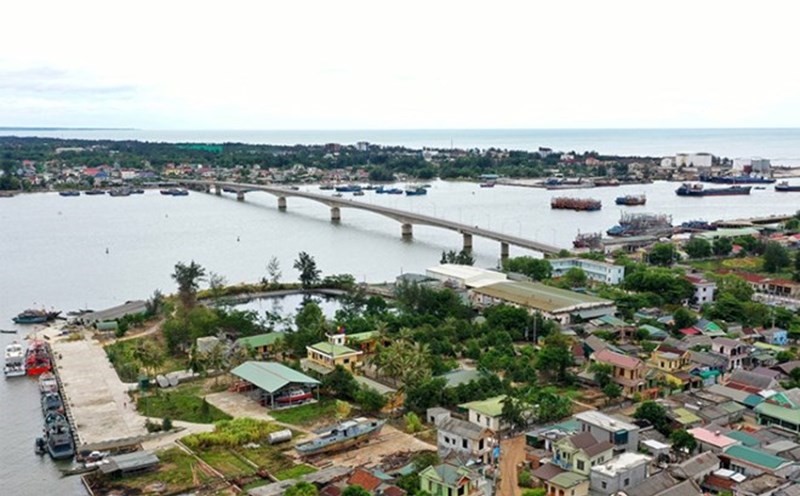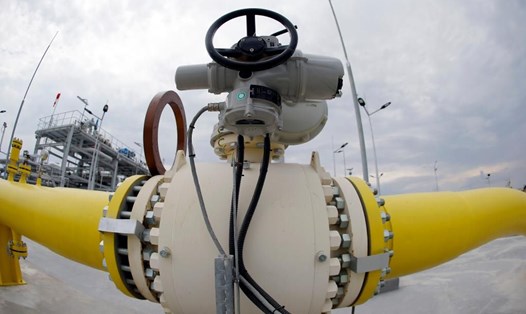RT reported that Russian President Vladimir Putin received Slovakian Prime Minister Robert Fico at the Kremlin on December 22, marking one of the rare visits by a European Union (EU) member leader to Moscow since Russia launched a military campaign in Ukraine in February 2022.
The meeting took place as the contract for gas transit from Russia through Ukraine to Europe is about to expire, raising concerns about Slovakia's gas supply.
Slovakia is heavily dependent on Russian gas via Ukraine. With the current contract set to expire on December 31, 2024, Prime Minister Fico has criticised Ukrainian President Volodymyr Zelensky for refusing to extend the deal. The move puts Slovakia at risk of having to spend an additional €220 million to find alternative supplies if it cannot maintain gas flows via Ukraine from 2025.
In a Facebook post after his meeting with President Putin, Mr. Fico confirmed that he had informed senior EU officials about the trip in advance. He also revealed that President Zelensky had opposed any form of gas transit through Ukraine to Slovakia.
“Russian President Vladimir Putin confirmed (the Russian Federation)'s readiness to continue gas supplies to the West and Slovakia, which is almost impossible after January 1, 2025 due to the position of the Ukrainian President,” said Mr. Fico.
This is the third visit by an EU leader to Moscow since the conflict began. Austrian Chancellor Karl Nehammer visited Russia in April 2022, while Hungarian Prime Minister Viktor Orban met with Putin in July 2023, despite criticism from EU allies.
This time, Russian television showed Mr. Fico shaking hands with Mr. Putin in a meeting arranged just days ago. Kremlin spokesman Dmitry Peskov said the two leaders discussed the military situation in Ukraine, the chances of ending the conflict peacefully, and Russia-Slovakia relations, which Mr. Fico wanted to “normalize.”
Slovakia is not the only country facing an energy crisis as its transit route through Ukraine is threatened. Hungary has found an alternative via the TurkStream pipeline under the Black Sea. However, Slovakia, along with Moldova and the breakaway region of Transdniestria, is in a difficult position as it must source gas from other sources at higher prices.
Moldovagaz, Moldova's gas company, has asked Gazprom to send gas via TurkStream and routes through Bulgaria and Romania, but no deal has been reached. This means the breakaway region of Transdniestria will face higher gas prices.
The gas issue was raised at last week’s EU summit, where Mr Zelensky reiterated his stance against further transit of Russian gas. This puts enormous pressure on member states such as Slovakia and Hungary, which rely on Russian energy but face complex political rules within the EU.
Mr Fico’s meeting with Mr Putin underscores the growing divisions within the EU over how to approach Russia, especially when direct economic and energy interests are at stake. The visit may not only be an attempt to address Slovakia’s energy woes, but also a strategic move to reshape relations between some EU states and Russia.











